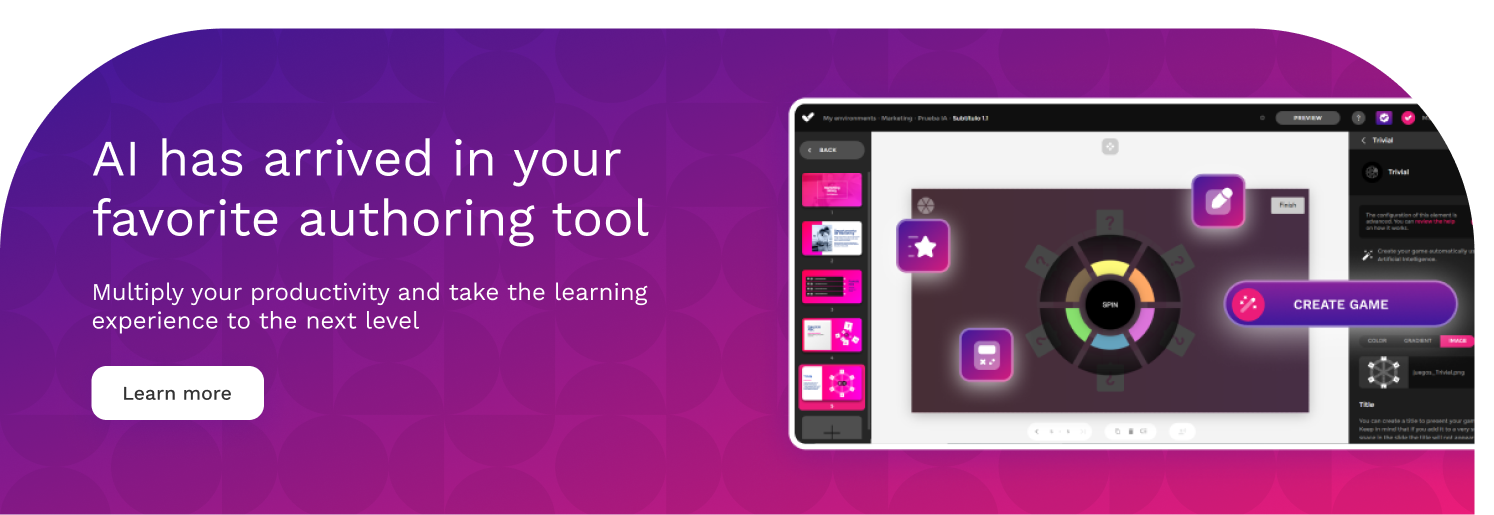Table of contents
ToggleAI in human resources is gaining traction and playing a pivotal role, as per data from Gartner 38% of HR leaders have already implemented AI or at least are planning to do so to gain more efficiency.
Furthermore, AI is redefining the HR landscape and poses a new paradigm of how HR teams will work in the future using task automation and the power of data that drives the decision-making process in key areas.
Considering the far-reaching impact of AI in human resources we have crafted this blog to explore its current role and advantages, as well as the key factors for adoption, AI’s challenges within HR, and its future role in the HR landscape.
Insights on the current role of Artificial Intelligence in human resources
The role of AI is currently at the center stage of human resources, with varied use case adoptions. According Eightfold AI’s report The Future of Work: Intelligent by Design, some of the top three areas where HR is embracing the use of AI are employee records management (78%), payroll processing and benefits administration (77%), and recruitment and hiring (73%).
Nevertheless, according to the report, other important areas where HR leaders are increasingly using AI are onboarding (69%) and cross-skilling and re-skilling employees (66%) highlighting the importance of its use for the continuous learning of employees.
As AI is increasingly being adopted in several HR areas, let’s dive deeper and explore why HR leaders consider the use of this technology an advantage.
Leveraging AI in HR: Exploring its advantages
With its fast-paced advance AI is becoming the main ally of many organizations, according to a survey performed by McKinsey 60% of companies reported they have already adopted AI and 40% plan to invest more on AI across their organization.
Within the human resource outlook, harnessing AI is becoming a game-changer and brings to the table numerous advantages that streamline processes, enhance employee experiences and drive over all growth. Let’s explore some of the advantages:
Increase in efficiency
One of the main advantages of leveraging AI is the significant increase in efficiency, AI-powered platforms can automate repetitive tasks, so that HR professionals can focus on strategic initiatives.
Some of these repetitive tasks include, streamlining recruitment efforts or monitoring employees, by capturing data through AI-powered employee monitoring software.
Cost reductions
An increase in efficiency by adopting artificial intelligence technology can result in important cost-savings, in fact as per data 93% of HR managers are using AI to reduce costs. Through AI, HR departments can make decisions based on large amounts of data to suggest cost-effective solutions.
Enhancing learning and development
Another important advantage is that AI can enhance learning and development. According to executive coach leader and leadership professor at Lewis University Dr. Sheila Boysen ¨Artificial intelligence (AI) has emerged as a transformative force, revolutionizing the way training programs are designed, delivered, and optimized. ¨
AI can accelerate the content creation of internal knowledge and continuous learning courses making sure that employees have access to relevant and updated information rapidly to better perform in their roles. With the help of AI-driven authoring platforms such as isEazy Author HR and L&D teams can create training material three times faster.
Moreover, learning experience platforms (LXP) are already using this technology to apply intelligent content recommendation systems tailored to the needs of the learner.
Seeing all the advantages, it is no wonder so many companies are planning or are already using AI, but the roadmap towards implementing it for HR teams can be lengthy if not done right, and there are many factors to be considered for its adoption.
Key factors in adopting AI solutions for HR
One of key steps for the adoption of new technologies, and especially AI being relatively new, is preparation, in this section we will discuss what needs to be considered.
Top manager buy-in
Buy-in of top managers that are involved in the decision making is an essential step. They need to understand the fundamental benefits of using AI in their HR and learning and development units, what the implementation will entail to prepare their teams, and a clear roadmap to align current HR processes and tools to integrate AI in their workflows.
Ensuring compliance
Another important element to consider is making sure that the implementation of AI adheres to relevant laws and regulations to prevent any legal issues arising in the long run. Whether its data protection and privacy laws to civil rights, making sure your AI implementation strategy is compliant and properly documented is vital to its safe adoption.
Provider partnerships
Finding the right partnerships with AI tool providers is also key during the adoption of AI. These tools should be trustworthy considering that they will be involved in delicate company processes that affect employees across the organization. Make sure to validate their credentials and to check if they have a dependable AI infrastructure.
Launching and training
Just like with any other new technological implementation, the launch phase is important, all the implicated teams should be informed about the workflow processes that will be impacted using AI within the HR department. Ideally, having several meetings throughout the adoption roadmap and training them on how to leverage AI is vital.
Success criteria
Setting success criteria is also an important factor to measure the impact of AI on HR workflows and processes, and on employee engagement. Defining clear metrics on efficiency pay-off and employee satisfaction lets managers and leaders assess its effectiveness.
AI’s evolution in HR: What comes next?
As AI continues to evolve, its impact on HR is increasingly perceptible. According to Gartner’s insights AI will continue to empower HR managers to take data-driven decisions for talent acquisition. This includes AI algorithms predicting the most attractive recruitment channels or using automated triggers when a candidate fills out a form. As for streamlining processes, they expect to see an increase in the use of chatbots and virtual assistants powered by AI.
Additionally, in the field of corporate training, the development of new tasks performed with AI in authoring tools is anticipated. These advancements aim to further maximize the performance of internal teams and help tailor training, optimizing learning outcomes.
In conclusion, the integration of AI into HR training offers significant advantages, from increasing efficiency to reducing costs and improving the employee experience. By carefully navigating the challenges and securing ethical considerations, organizations can positively harness the power of AI to drive innovation and success in HR.
isEazy is at the forefront of technological innovation in the e-learning industry to help HR leaders increase productivity and propel employee engagement and performance. It is one of the first to use AI features in its authoring tool, isEazy Author, to create interactive courses that enrich the learning experience. Easily import and add multimedia and interactive resources to static content created in PowerPoint to streamline content production and effectiveness. Want to try it out? Request a demo and discover all its possibilities!















